Changing Learning with Duolingo: Luis von Ahn's Dream
Luis von Ahn begins his TED Talk by shedding light on the stark realities of educational inequality, particularly in poorer nations like his home country, Guatemala. He explains how access to quality education often depends on wealth, perpetuating a cycle where the rich stay advantaged while the poor struggle to progress. Sharing his personal story, Luis credits his single mother’s sacrifices for his privileged education, which ultimately enabled him to achieve a Ph.D. in computer science. This personal experience inspired him to create solutions to make education universally accessible.
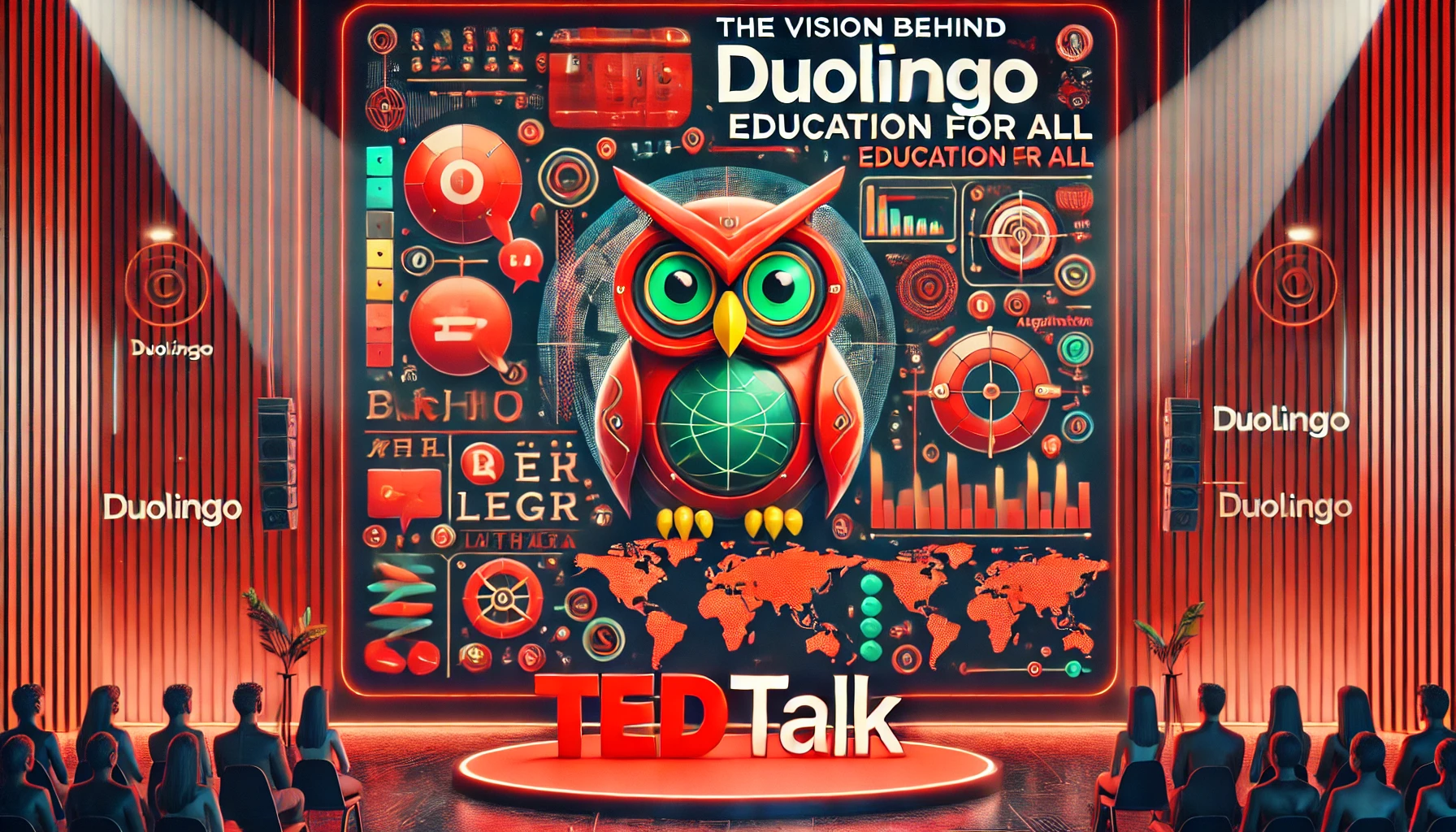
The Vision Behind Duolingo
Luis’s mission to democratize education started with a specific focus: teaching foreign languages. Recognizing the global demand for language learning, especially English, he realized its potential to transform lives. Unlike other subjects, knowing a foreign language can directly increase income potential. By addressing this critical need, Luis aimed to bridge the gap between education and economic opportunity.
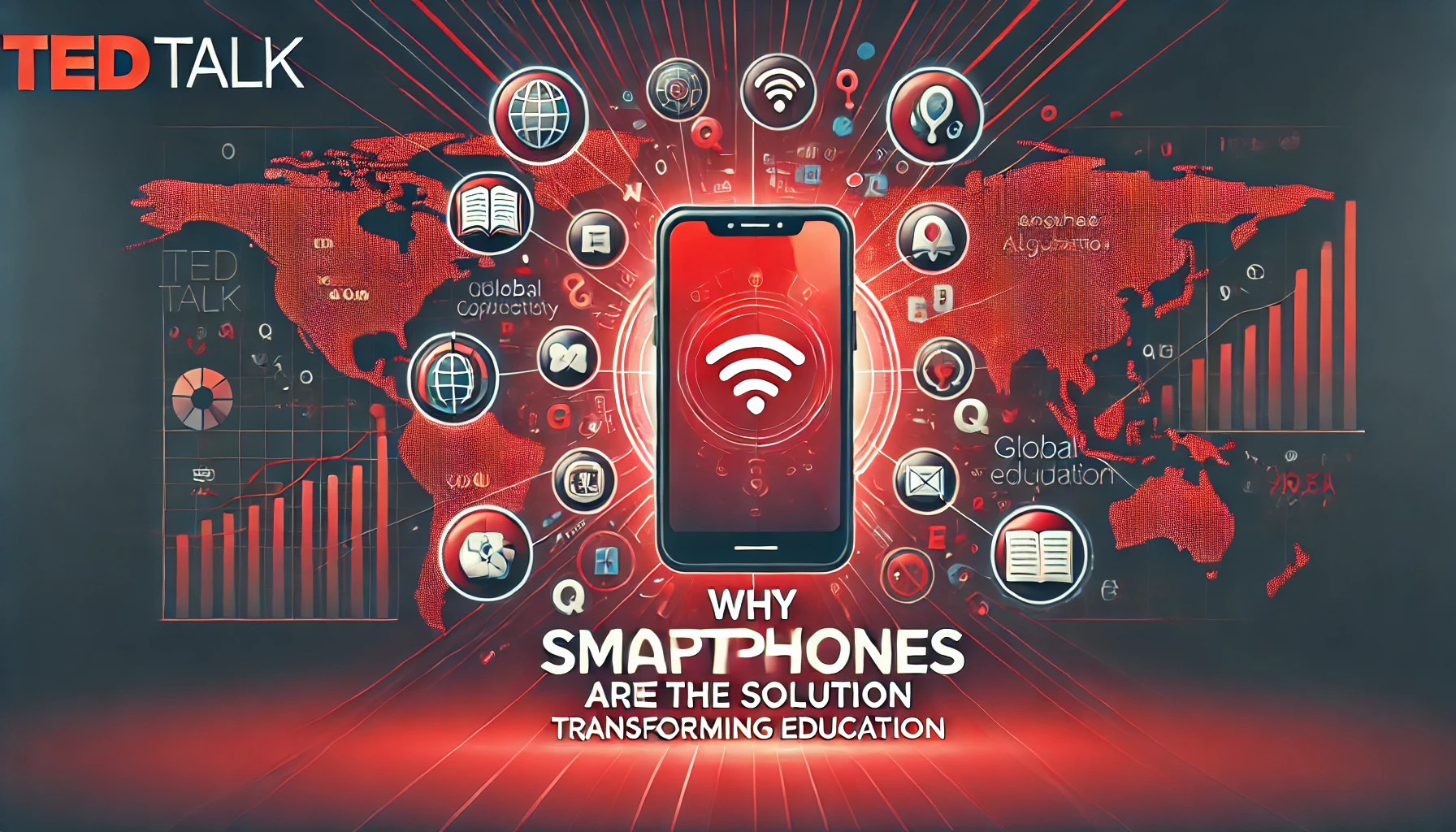
Why Smartphones Are the Solution
Acknowledging the impracticality of building schools everywhere, Luis and his team chose smartphones as the medium for delivering education. With widespread smartphone accessibility, they designed Duolingo as a free app available to everyone. The app’s freemium model ensures inclusivity, with ads funding free access while optional subscriptions from wealthier users support its operations. This innovative approach effectively redistributes wealth, making quality education affordable for users in poorer regions.
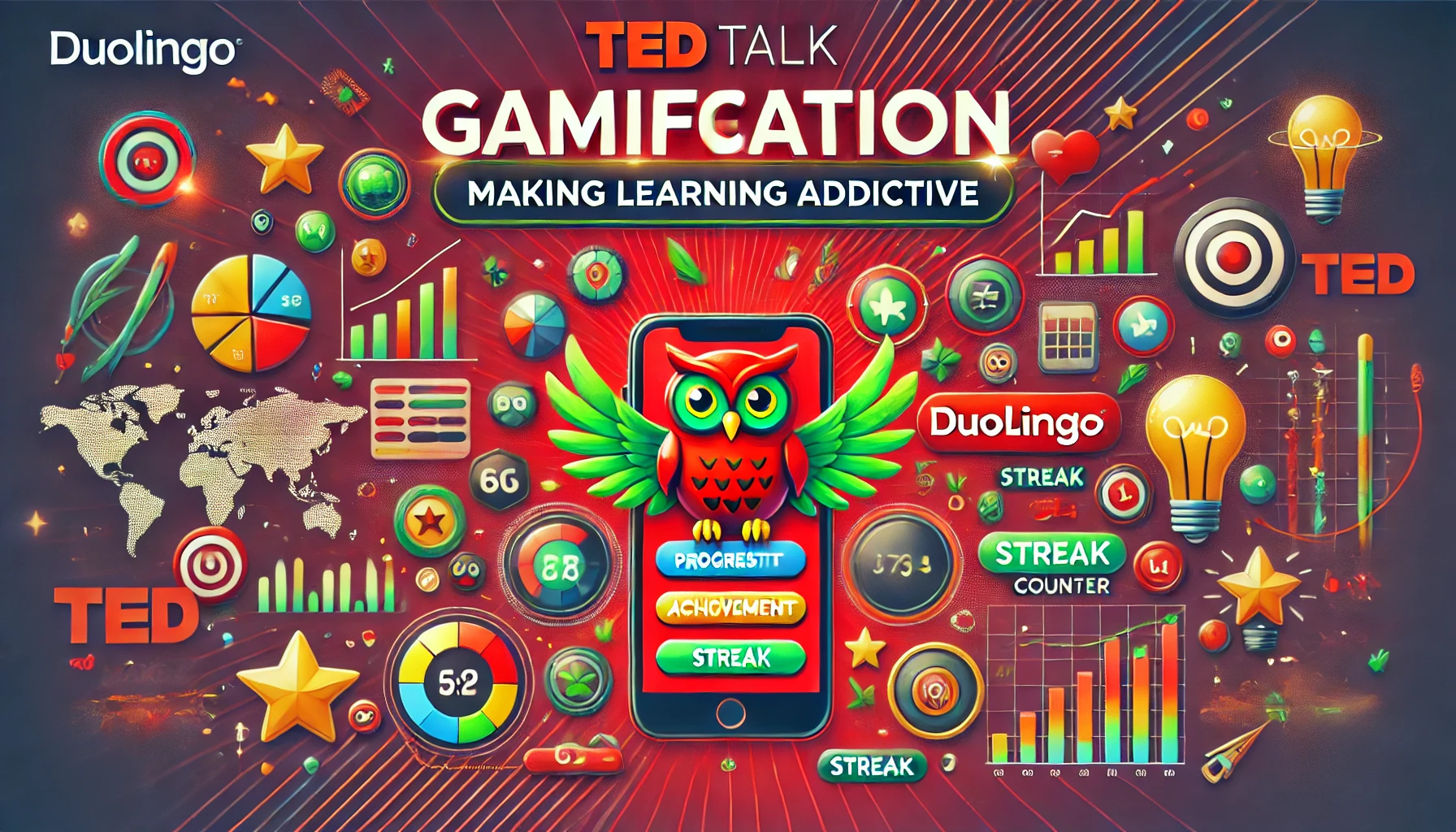
Gamification: Making Learning Addictive
To compete with engaging apps like TikTok and Instagram, Duolingo employs gamification techniques to make learning enjoyable and habit-forming. Features like streaks motivate users to practice daily, while personalized notifications remind them to return. The app’s green owl mascot, known for its humorous and persistent reminders, has become a cultural icon, inspiring memes and increasing Duolingo’s visibility. These strategies transform education from a chore into an engaging activity.
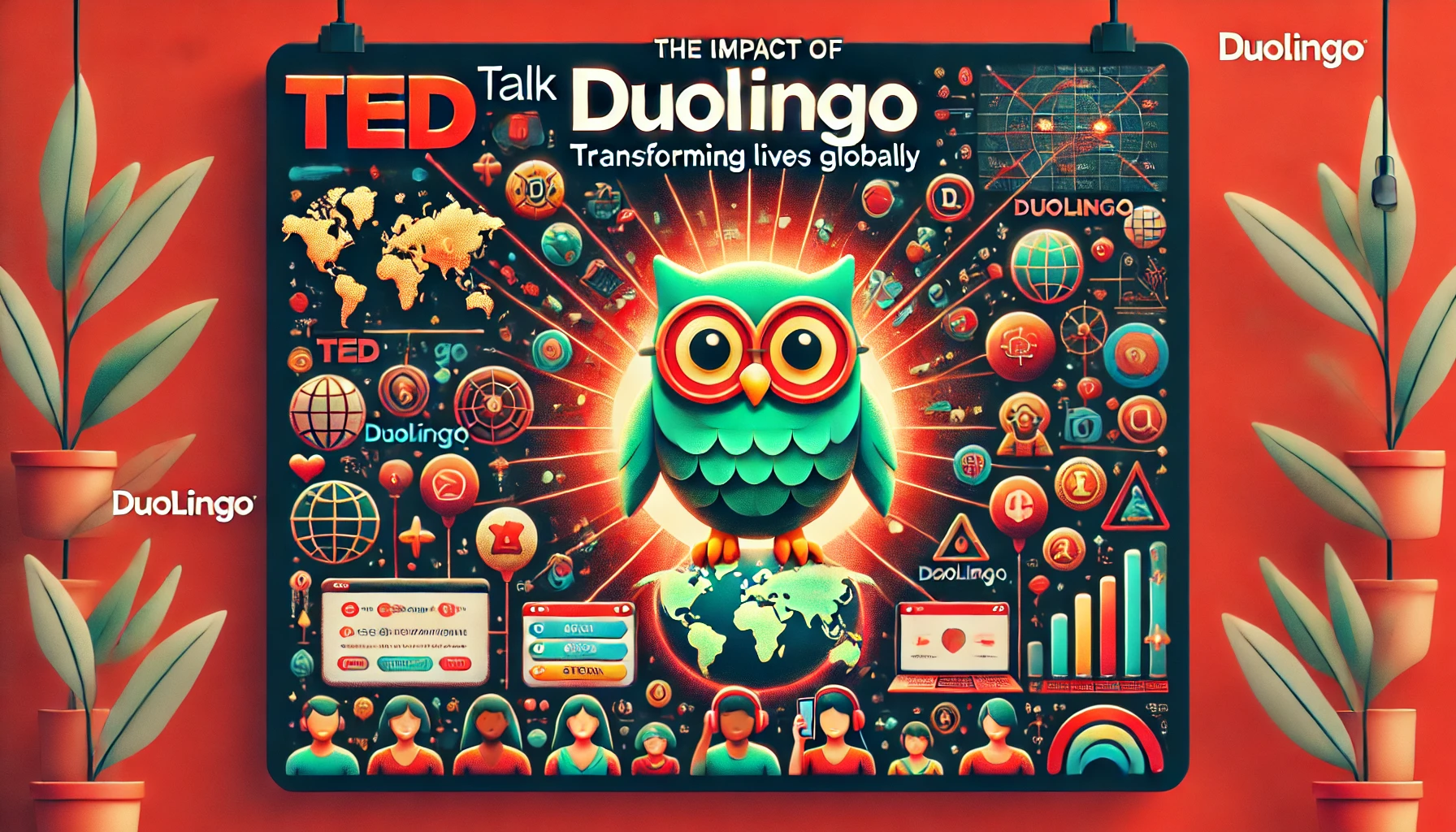
The Impact of Duolingo
Duolingo has revolutionized language learning, with millions of users worldwide. In the U.S., more people learn languages on Duolingo than in all high schools combined. Its accessibility has made it a global phenomenon, empowering individuals in both developed and developing nations. This success demonstrates the app’s potential to address educational inequality on a massive scale.
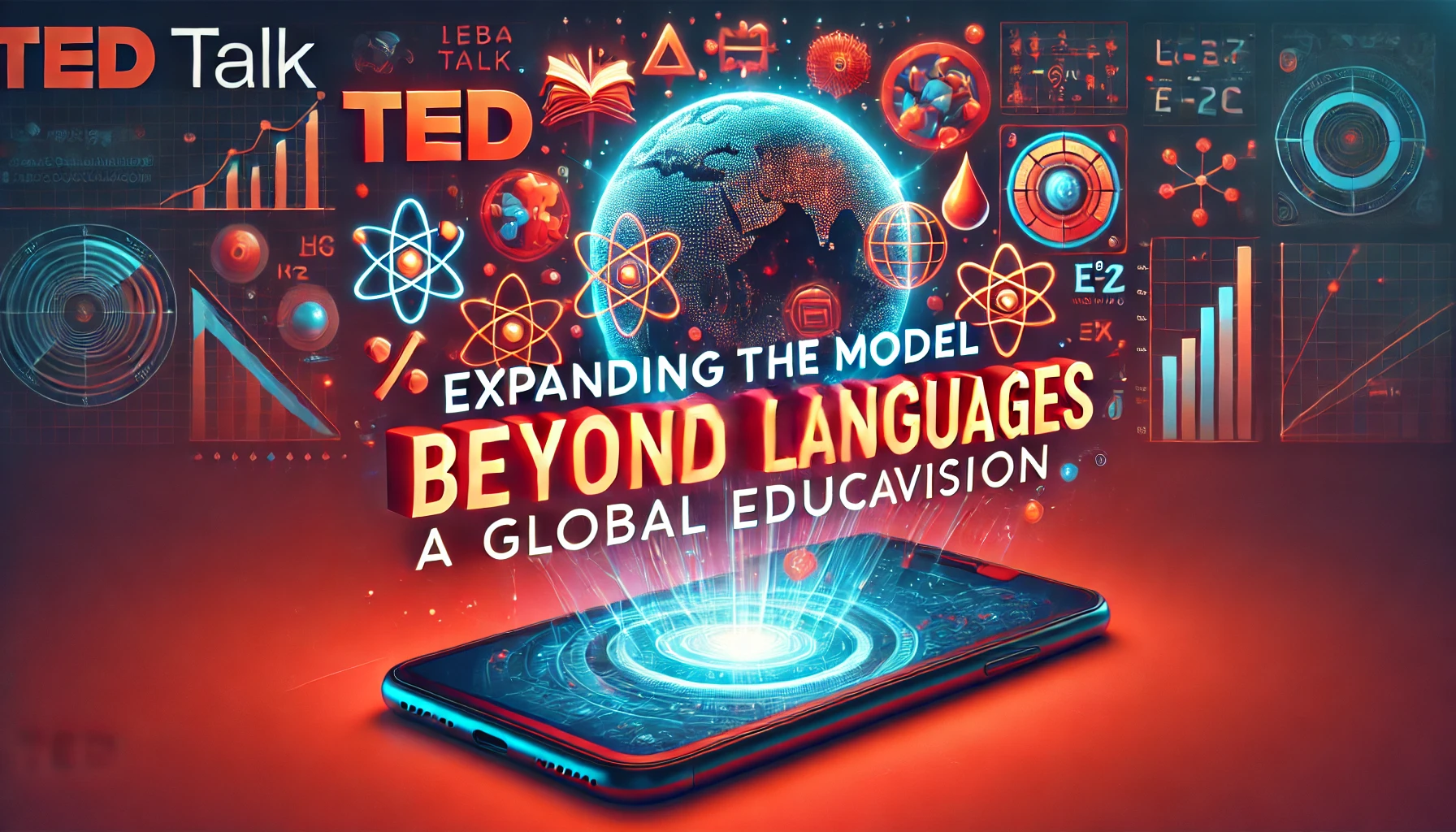
Expanding the Model Beyond Languages
Luis envisions applying Duolingo’s principles to other subjects, especially those relying on repetition, such as math and literacy. While some subjects may require supplementary tools like videos, gamification can transform foundational learning into a fun and engaging process. Luis hopes for a future where mobile phones deliver high-quality education across various fields, making screen time a force for good.
Conclusion: A Call to Action
Luis ends his talk with a hopeful vision for the future and a lighthearted reminder to complete your language lessons. His journey with Duolingo illustrates the transformative power of technology and innovation in addressing global challenges. By reimagining education through accessible and engaging platforms, we can empower millions and create a more equitable world.

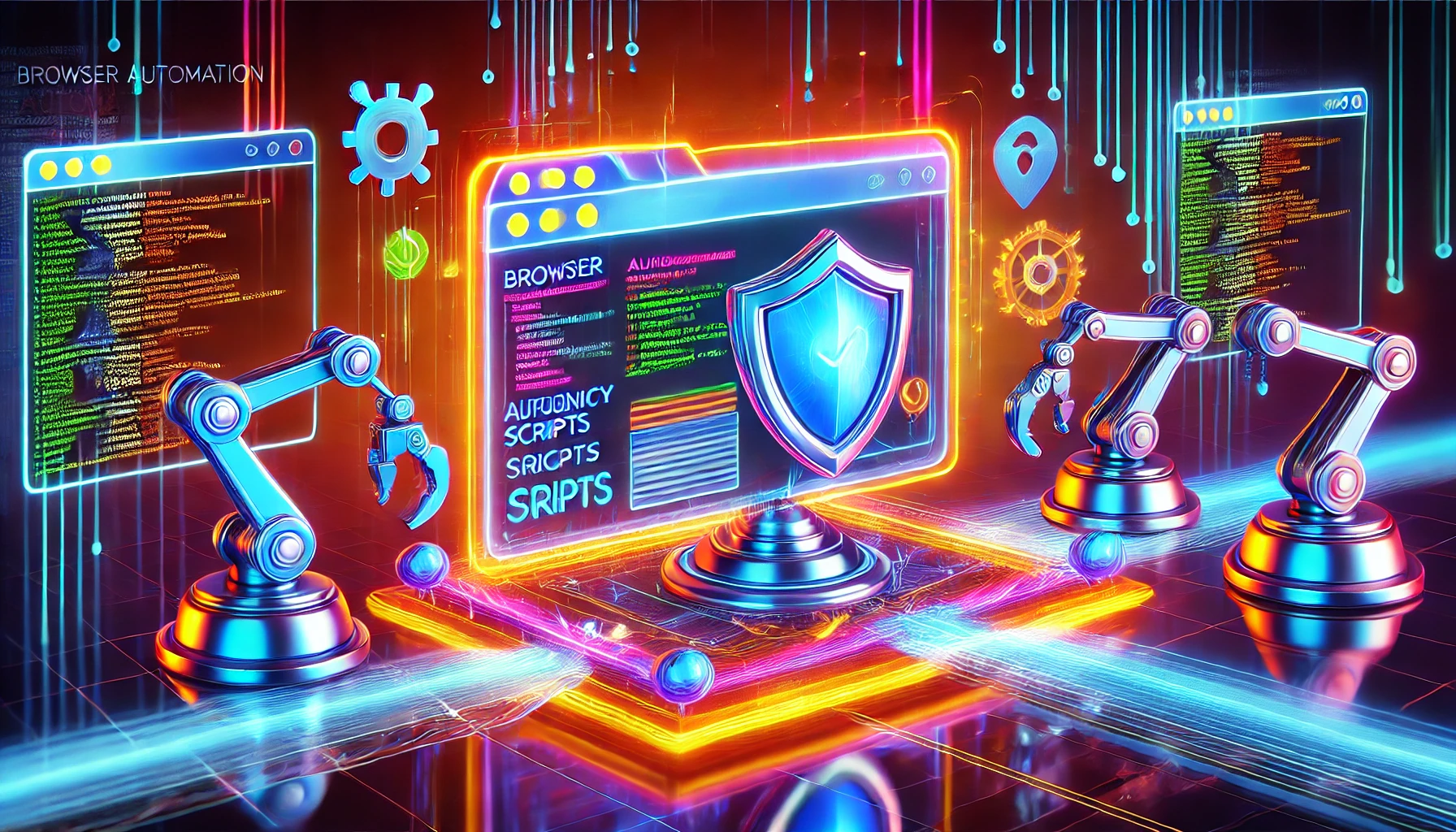







0 Comments